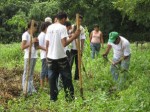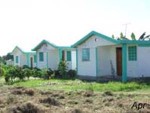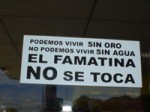Revolution of Youth in Nicaragua | Revolución de juventud
By Tortilla con Sal, YouTube. Support for Nicaragua’s Frente Sandinista de Liberación Nacional (FSLN), and its government led by Daniel Ortega, increased dramatically between 2007 and 2011. Young people voted overwhelmingly for the policies of the FSLN and continue to be engaged as citizens in a model of direct democracy called Poder Ciudadano (Citizen’s Power).
Continue reading →













